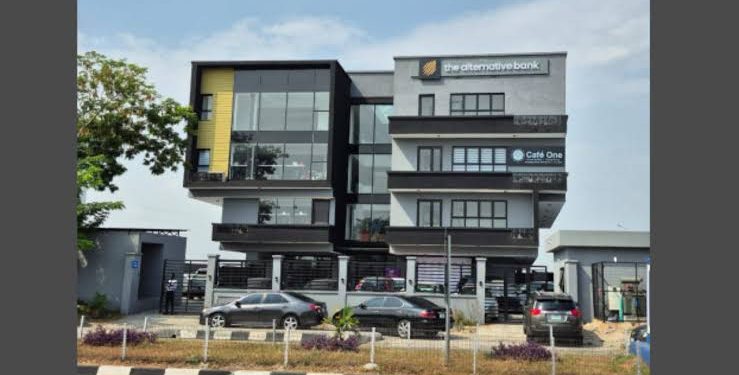The Alternative Bank, one of Nigeria’s leading non-interest financial institutions, has joined forces with the Association of Market Women/Men and Farmers of Nigeria (AMWMF) to drive economic empowerment and expand financial inclusion for millions of grassroots entrepreneurs across the country.
Launched in collaboration with Sterling Financial Holdings Company, the initiative is aimed at tackling the persistent challenges faced by market traders and smallholder farmers—particularly in rural and underserved communities.
According to the Central Bank of Nigeria (CBN), about 26% of Nigerian adults—approximately 28.8 million people—remain financially excluded, with women and the informal sector among the hardest hit. This new partnership promises to bridge that gap.
Under the agreement, over 16 million AMWMF members will, for the first time, gain access to formal banking services including zero-fee accounts, microloans, and small and medium enterprise (SME) funding. Beneficiaries will also receive financial literacy training, personalised business support, and incentives such as free setup for point-of-sale (POS) terminals to promote cashless transactions.
Korede Demola-Adeniyi, Executive Director at The Alternative Bank, emphasised the institution’s commitment to breaking systemic barriers:
“For the unbanked and underbanked, the challenges go beyond the lack of physical infrastructure and extend to deeper issues of trust, financial illiteracy, and systemic exclusion. At The Alternative Bank, we are committed to offering tailored solutions and championing programs that empower people to take control of their financial futures.”
The rollout, which began in Oyo State, will extend to 15 additional states across Nigeria’s six geopolitical zones within the year.
Erelu Dr. Becky Olubukola, AMWMF’s National President, described the initiative as a “transformative step” that will enable market women, men, and farmers to thrive. She noted that strategic partnerships like this could significantly boost members’ economic prospects and stimulate local development.
Beyond traditional banking, The Alternative Bank is also introducing innovative tools to address broader socioeconomic needs. These include:
Electric-powered tricycles to help vendors transport goods
Health and medical kiosks for underserved communities
A waste-to-wealth program that enables members to convert recyclable waste into profitable ventures
With this partnership, millions of Nigerian grassroots entrepreneurs are set to gain not just financial access, but the tools and knowledge needed to build sustainable livelihoods.










